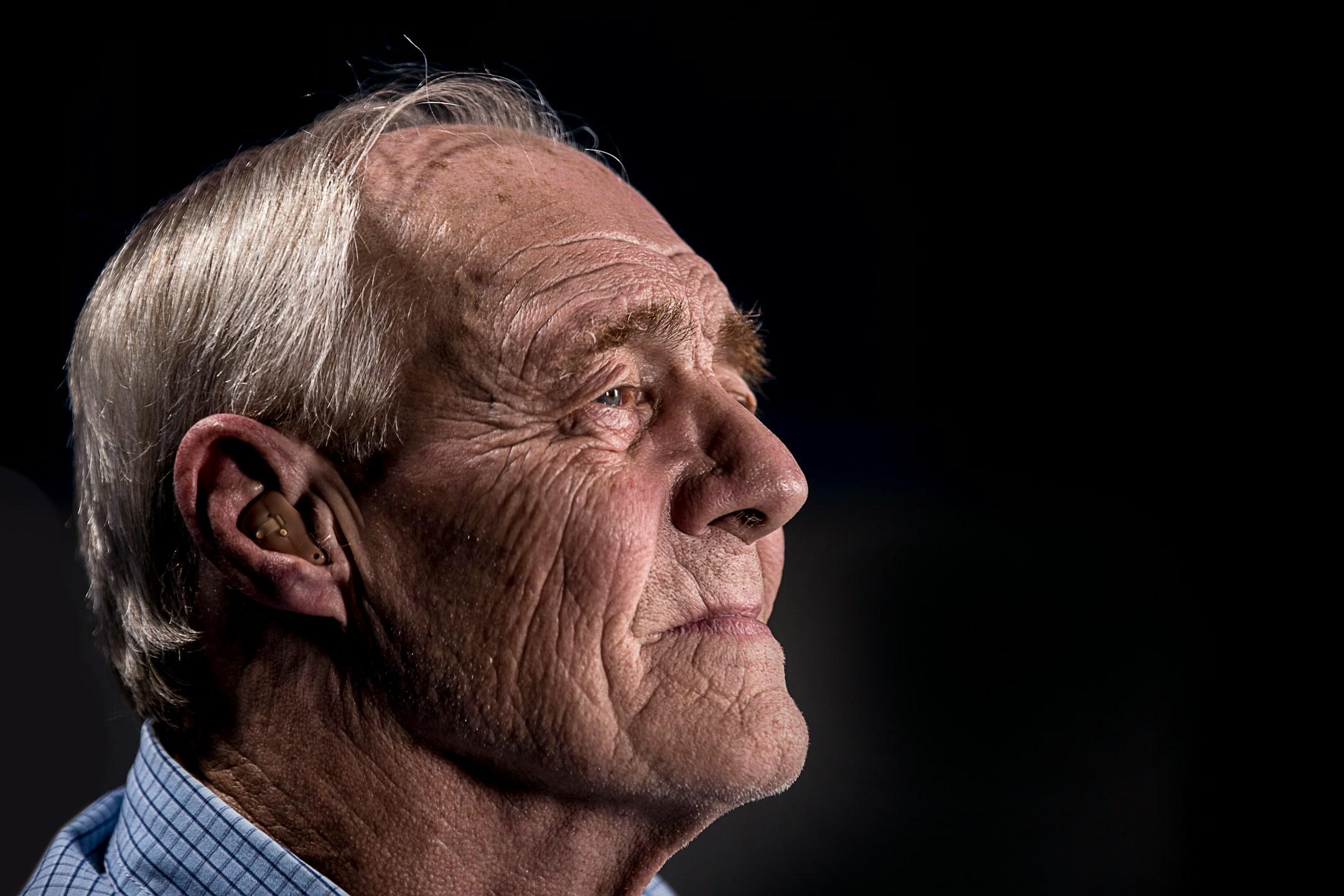
Elder abuse remains a critical issue that demands urgent attention and action. As our population ages, ensuring great elder care becomes paramount. Understanding what encompasses quality care is essential for providing the support that vulnerable seniors need and deserve.
This blog explores the key elements and best practices contributing to exceptional elder care while also delving into the troubling signs of elder abuse that families and caregivers must recognize. We aim to empower individuals with the knowledge and resources necessary to protect their loved ones by centering our discussions around these elements.
Great elder care combines compassion, respect, and practical support tailored to the unique needs of each senior. At its core, it emphasizes the importance of individualized care plans, which should be regularly reassessed to adapt to changing health conditions and personal preferences. Building strong relationships between caregivers and seniors enhances trust and communication, enabling caregivers to better understand the emotional and physical needs of older people. Additionally, a safe living environment is crucial, including physical safety measures within the home and emotional security that fosters a sense of autonomy and dignity.
Best practices in elder care also involve engaging seniors in meaningful activities that promote mental, emotional, and physical well-being. Encouraging regular social interactions, physical exercise, and cognitive challenges can significantly enhance the quality of life for older adults. Caregivers should be trained in physical care, recognizing early signs of health issues, and understanding the psychological aspects of aging.
Recognizing the signs of elder abuse is crucial for the safety and well-being of vulnerable seniors. Look for physical indicators such as unexplained bruises, burns, or injuries that do not match the explanation given. Behavioral changes, like withdrawal, anxiety, or sudden shifts in mood, can also signal that something is wrong. Pay attention to changes in personal hygiene or living conditions, as neglect often manifests in a decline in self-care. Observing interactions between the elderly and their caregivers can provide insight.
When you suspect elder abuse, it’s vital to act promptly. Trust your instincts and document your observations, noting dates and specific details that might be significant. If the signs of abuse seem clear or if the senior expresses fear, it's essential to involve appropriate authorities or elder abuse prevention organizations. Do not hesitate to seek professional help, as taking action can protect the individual and raise awareness about the need for better safeguards in elder care settings. Being vigilant and informed can make a world of difference in the lives of our elderly loved ones.
Protecting vulnerable seniors requires a solid understanding of the legal measures in place to prevent elder abuse. The law offers various protections, including local, state, and federal statutes, that address abuse, neglect, and exploitation of older adults.
For instance, the Elder Justice Act facilitates the investigation and prosecution of elder abuse cases, providing funding for adult protective services and law enforcement training. Additionally, state laws often include mandatory reporting requirements for healthcare professionals and caregivers to report suspected abuse, ensuring that signs of mistreatment are promptly addressed. Familiarity with these laws not only empowers caregivers and family members but also strengthens community efforts to safeguard the well-being of seniors.
Advocacy strategies are pivotal in furthering the legal protections available to seniors. Community organizations and local advocacy groups actively work to raise awareness about elder abuse, offering education and resources to both caregivers and seniors. Through initiatives such as workshops, seminars, and outreach programs, these organizations help families identify the signs of abuse and navigate available resources.
Additionally, engaging with representatives and policymakers can lead to the implementation of stronger regulations and support systems for vulnerable individuals. Collaboration among community members, legal professionals, and advocacy groups can significantly enhance protective measures, ensuring that older adults live in safe, supportive environments where their rights are respected and upheld.
At ECS, our team offers consulting services tailored specifically for nursing homes, assisted living facilities, and long-term care institutions. Our expert guidance in management, policy advisory, and compliance strategies ensures your facility operates smoothly and adheres to all regulations.
Let us help you optimize your operations, enhance resident care, and maintain compliance with our consulting service. Book an appointment with us today!